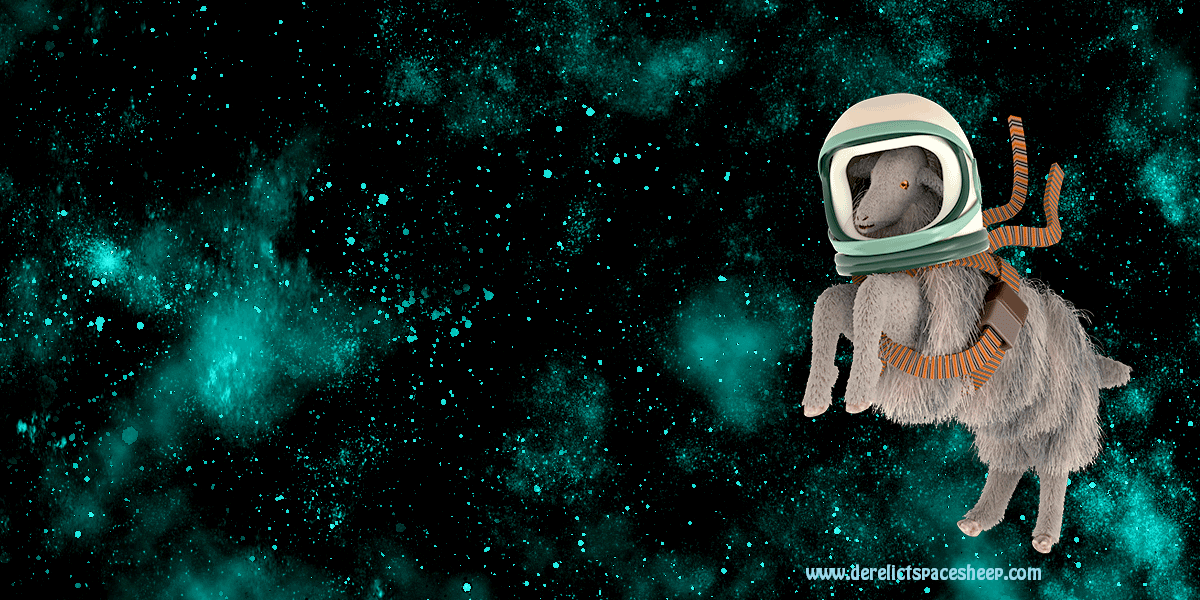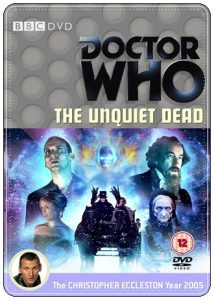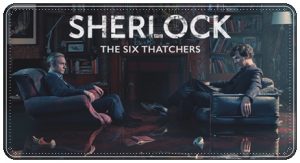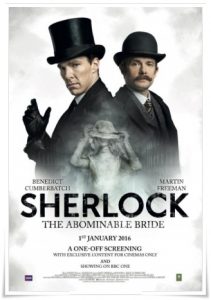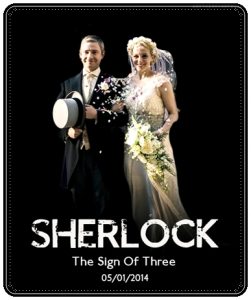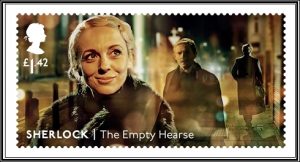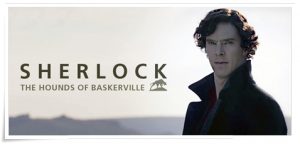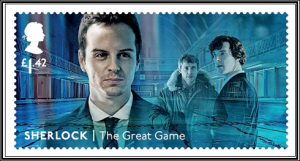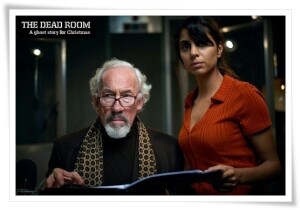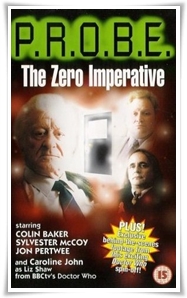Doctor Who: The Unquiet Dead
by Mark Gatiss; dir. Euros Lyn (BBC, 2005)
A pronounced example, early in the format, of everything happening too fast. While Dickens and Gwyneth are good value, and there’s depths to plumb in Eccleston’s Doctor’s fair-weather avuncularity (a domineering temper simmering behind the goofy grin), it all just rattles by.
